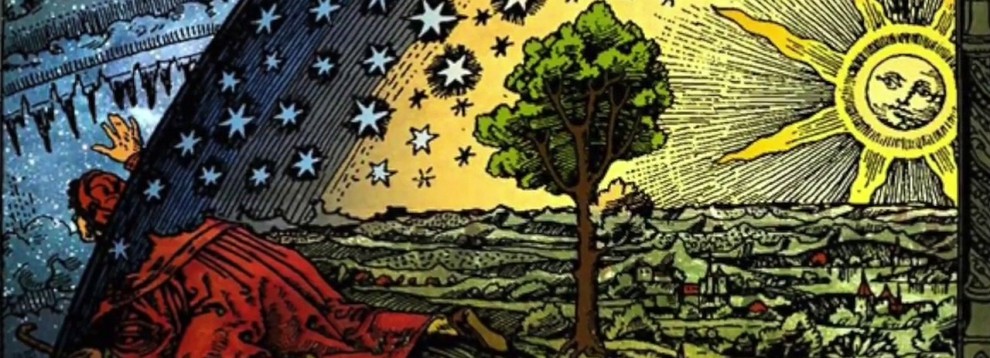Not much happening here, but at least I have a new SITE- list for my readers:
The ten dogmas of modern science.
The difference between theistic evolutionism and evolutionary creationism on Jesus Creed. I never liked the first term, and even if I do tend tend to an old earth and biological evolution (as an explanation for what we can find in the material world, which is NOT AT ALL the whole story of the origins of the universe and humanity), I’d never make an ism out of any creatonal view. But I agree that for a Christian affirming the Creator is more important than affirming any scientific theory.
(The problem between ‘creation’ and ‘evolution’ is not a scientfic one, but a metaphysical and philosophic one anyway, and I do like the way in which ‘evolutionary creation’ crosses those false dichotomies..)
Morgan Guyton being provocative again and criticising Tim Keller for creating a false binary of love and holiness. It also shows where I think Guytons Wesleyanism is more in line with both the bible and the great tradition of Christianity than the reformed tradition, but I think some people will not at all agree with that…
David Flowers has a list of five books that, according to him will be very important for the future of North-American Evangelical church in the 21st century . I mioght not be an American but those are important books to wrestle with indeed:
1. N.T. Wright: Surprised by Hope: Rethinking Heaven, the Resurrection, and the Mission of the Church
2. Scot McKnight: The King Jesus Gospel: The Original Good News Revisited
3. Frank Viola and Leonard Sweet: Jesus Manifesto: Restoring the Supremacy and Sovereignty of Jesus Christ
4. Greg Boyd: The Myth of a Christian Nation: How the Quest for Political Power is Destroying the Church
5. Christian Smith: The Bible Made Impossible: Why Biblicism is Not a Truly Evangelical Reading of Scripture
(I read all of those ecxept #4, which might be the book in the list that is most fit for the Americansituation specificall, but I read other things by Boyd and I quite like him)
Rachel Held Evans has a very interesting guest in her ‘ask a…’ series: Ask an Indigenous Theologian.
Justin Lee cfor the gay Christian Network has a very strong point here: Worldliness in the other direction is still worldliness!
Totally unrelated is the news that ebay doesn’t sell magic anymore. I’m not even going to comment on that one…
Richard Beck of experimental theology on the ‘hole rule‘, a good consideration for those who are into simple living…
And then there’s Todd Bentley, still on the other side of the Atlantic ocean…
Shalom
Bram



